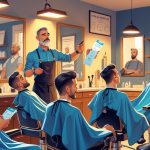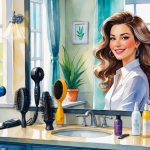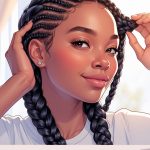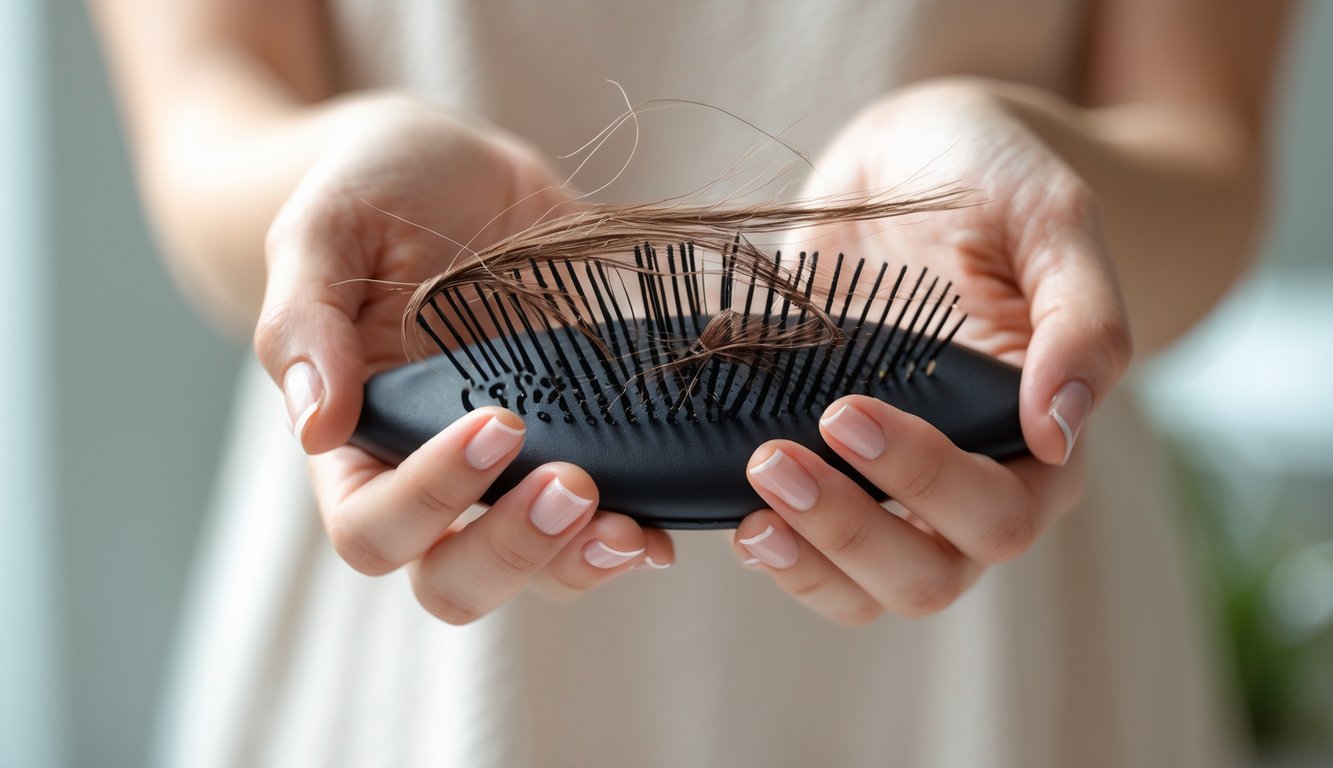
Essential Tools and Products for Preventing Hair Breakage
Everyone says silk or satin pillowcases are a game-changer. Maybe? I keep forgetting to use mine. Heat protectant sprays—do people actually use them every single time? I buy them, I forget about them, they pile up under my sink. Shampoo bottles promise miracles, but half of them just dry out my hair or smell weird. I keep coming back to the basics: if it doesn’t make my hair angry, it’s good enough.
Heat Protectant Products
Flat irons are evil, but I still use them. Oops. Every stylist on earth says to use heat protectant every time you touch a hot tool, but who actually remembers? Supposedly, a 2023 study claims breakage drops by half if you’re consistent (not that I ever am).
What nobody mentions: some sprays leave gunk, and serums can make fine hair limp. I’ll use a cream if I’m feeling ambitious, but honestly, I only buy the ones with dimethicone high on the list. That’s it. I just hope my blow-dryer isn’t frying my ends. Want to obsess over products? There’s a list of stylist faves, but I wish someone would just tell me which one works for lazy people.
Satin and Silk Pillowcases
Cotton pillowcases are secretly evil. I didn’t buy the hype until I tried a cheap satin one, and then, bam—less frizz in the morning. It’s the friction, apparently. Trichologists on YouTube go on and on about it, and I sort of believe them. My worst breakage always lines up with sleeping on scratchy cotton. I’ve tried real silk and polyester satin—honestly, silk feels fancy, but I can’t say it’s ten times better. Still, my hair looks less destroyed, and I get to feel smug. Dermatologists on TV keep backing satin and silk benefits, but my friends still think it’s a placebo. I’ll take placebo if it means fewer tangles.
Thickening and Sulfate-Free Shampoos
Nobody warns you that “thickening” shampoos usually have sulfates, which basically nuke your ends. Switching to sulfate-free is awkward for a week—your scalp rebels, then chills out (or maybe you just get used to it). The “fuller hair” promise is meh, but less itch and breakage near my roots? I’ll take it.
Keratin and biotin in shampoo? I think it’s mostly marketing, but it does help a bit when I’m abusing my hair with heat tools. I’ve read so many shampoo lists, and the only ones that work mention hydration and protein. Now I skim for panthenol or rice protein—my colorist says those are legit. I trust her more than any dermatologist, honestly.
Nutrition: Feeding Your Hair From Within
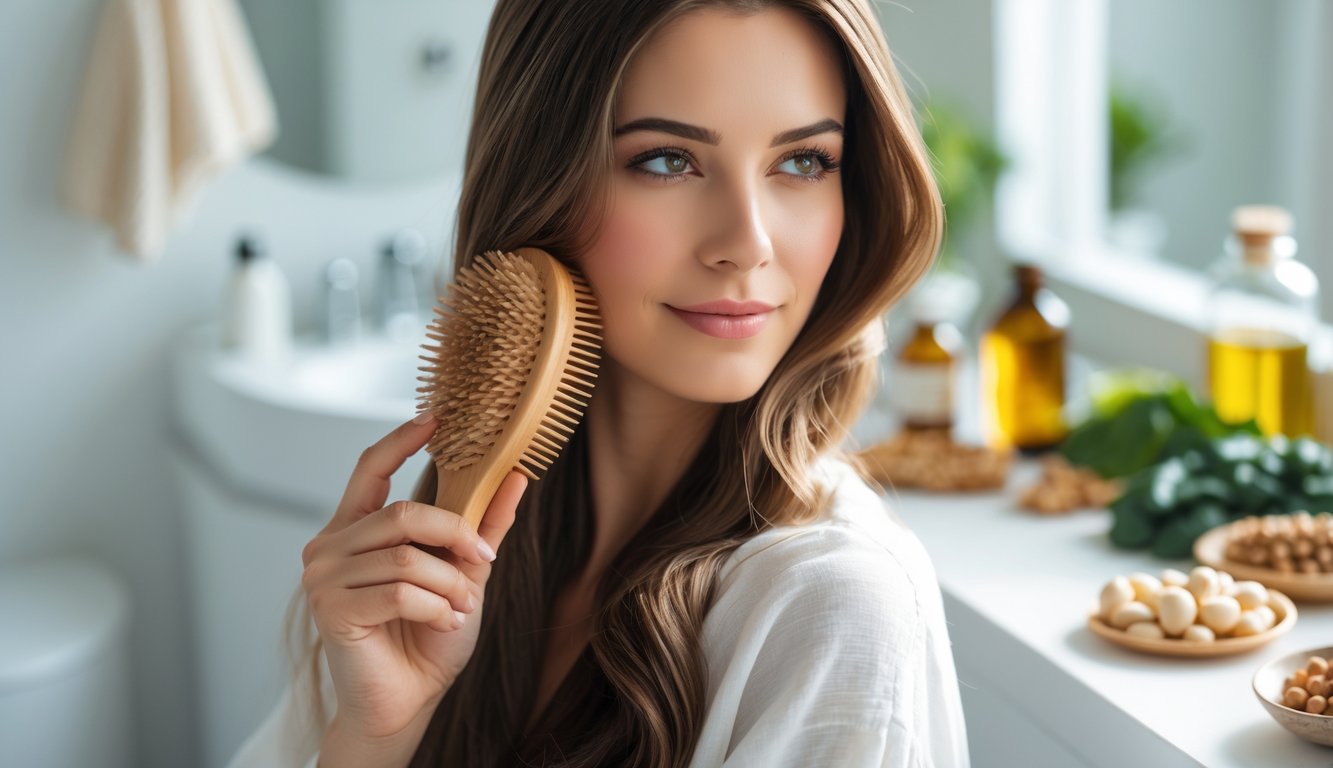
Third day in a row with dry shampoo, and my scalp’s basically staging a protest. Maybe it’s the instant coffee breakfast, maybe it’s karma. Hydration? Gone. Nutrients? Who knows. Still can’t figure out why my hair splits after using that expensive detangler, but apparently, my sad lunch choices matter more than I thought.
The Role of Vitamins and Minerals
Vitamins and minerals: boring but necessary. Miss one—like iron or vitamin D—and your hair starts acting out. Dermatologists love to point at studies about anemia and hair loss. I watched my old roommate’s crash diet turn her ponytail into a string. Hair literally shows when your nutrition sucks.
Forget those perfect vitamin ads. Individual ones—vitamin C (collagen), E (scalp), B12—actually matter. Think about it: if your phone’s at 20% you freak out, but your hair can’t send you a low battery alert. If you crave spinach or almonds, maybe your hair is just begging for nutrients.
Not eating enough protein or skipping greens? Hair is protein (keratin, if you want to sound smart), so when you slack, it stops growing or falls out months later. It’s like a delayed punishment for bad habits.
Biotin, Zinc, and Hair Strength
Those biotin gummies all over Instagram? If you’re not actually low on biotin, they’re just expensive candy. (Tried them—my nails got long, hair didn’t care.) Zinc’s the real underdog. If you’re low, your scalp gets weird and your hair thins out, but nobody talks about it.
Every beauty blog says “eat more eggs, lentils, pumpkin seeds”—not just pop pills. I swapped toast for Greek yogurt, and surprise, less hair in my brush. Why do “experts” always push supplements instead of real food? Also, high-dose zinc isn’t even safe—maybe talk to an actual doctor.
Crash diets, gut issues, skipping meals—sometimes supplements don’t even work if your body can’t absorb them. If your hair keeps breaking, maybe get your blood checked before you buy another viral hair mask.
Balanced Diet and Hydration
Crash diets. Juice cleanses. Celery juice—what even is that supposed to do, anyway? I’ve lost more hair to “wellness” trends than to actual bleach. Hydration? Miss it for a week and suddenly my stylist’s poking at split ends like I’m some cautionary tale. Conditioner doesn’t save you if you’re basically a cactus inside. I keep buying fancy bottles, but if I forget to drink water, my hair’s like, “Nice try.”
And food. Not the “I skipped lunch but had coffee” kind. Real stuff—protein (chicken, tofu, fish, beans, whatever’s not expired), seeds, and random vegetables I pretend to enjoy. Every trichologist has some “secret,” but it’s always just: eat balanced, don’t starve yourself, and maybe don’t live on Red Bull. I tracked snacks once for a week (never again) and every time I slacked on water, my hair turned to frizz. Nutritionists say low fluid = brittle hair. I say, “Yeah, noticed.”
Honestly, every nutrition book says the same thing—hydration, some carbs, healthy fats. Less hair snapping. I see the difference when I remember to eat and drink actual water, not just iced coffee. Hair’s not dumb. You can’t fake it.

